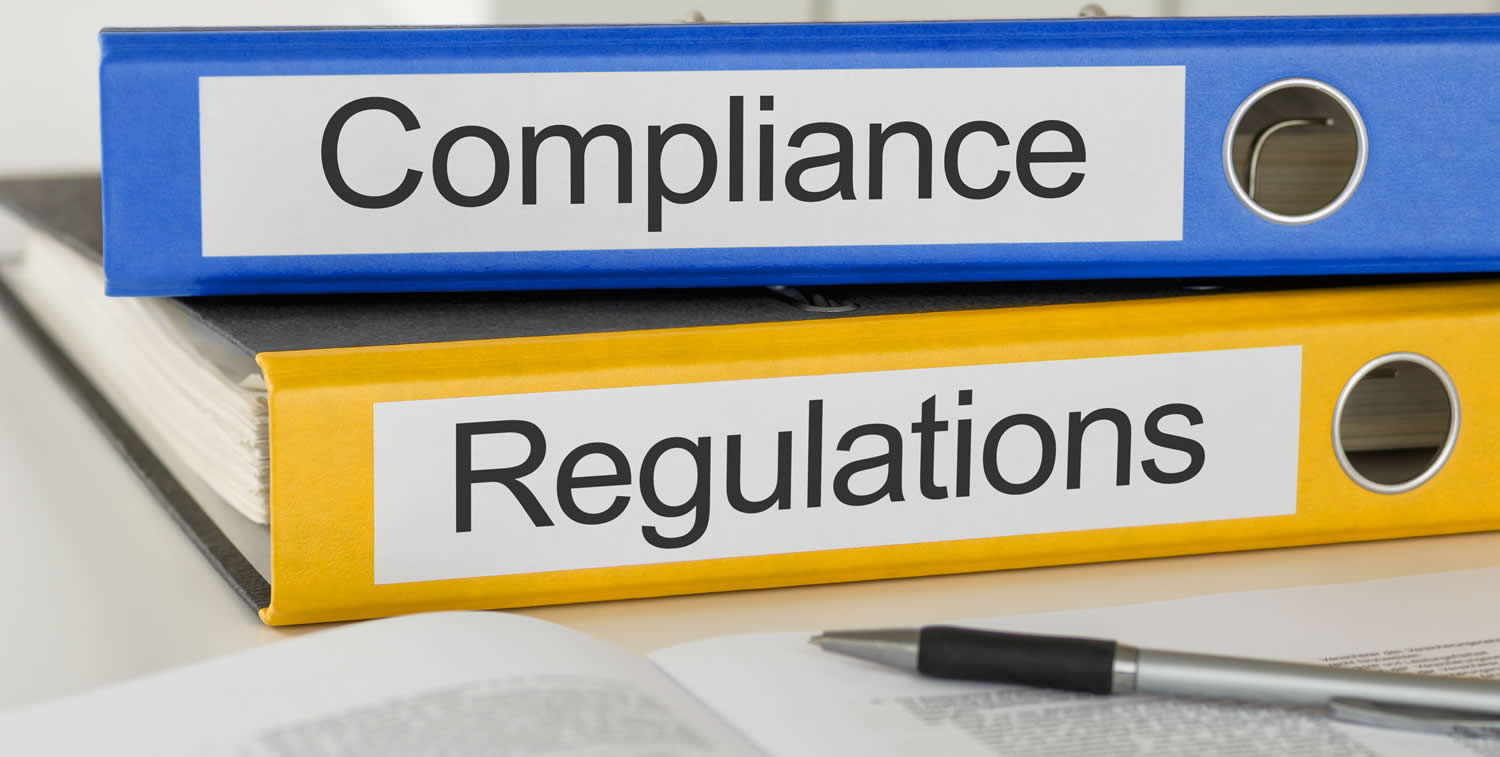A review of the SRA Standards and Regulations published today has revealed that the majority of solicitors and law firms are apparently positive about the “new” codes of conduct and rules, with increasing numbers taking advantage of opportunities to work in new ways and deliver their services more flexibly.
The SRA Standards and Regulations, which were introduced in November 2019, are on face value shorter, simpler and less prescriptive, placing greater trust in a solicitor’s professional judgement, reducing regulatory burdens and providing them with greater flexibility about how and where they practise. The extent to which this is in fact the case – given the number of quasi-regulatory guidance notes published by the SRA since the Standards and Regulations were first introduced – is open to some conjecture, and Infolegal’s experience is that there are still many that would welcome more certainty in many areas of practice.
Independent research undertaken on behalf of the SRA by the Centre for Strategy and Evaluation Services, which included results from a survey to which more than 3,000 solicitors replied, found that:
- Three quarters (74%) of practising solicitors were familiar with the changes made, with the majority positive about the overall effects of the reforms
- The majority felt that having separate codes of conduct for firms and individuals was helpful and made it clearer what was expected of each
- More than half (54%) of practising respondents said the new rules provided greater flexibility, and a third (37%) felt that new flexibilities had helped them cope better with the constraints brought in by the Covid-19 pandemic
- There are now over 400 SRA-regulated freelance solicitors
- There is also a small, but growing number of solicitors offering services direct to the public while working within non SRA-regulated organisations.
As well as a survey of solicitors the independent research included one-to-one interviews with both solicitors and consumers and detailed consultations with consumer and legal service representative groups.
The research was designed to give early indications on how the Standards and Regulations reforms were settling in, and their ‘direction of travel’.
Based on the recommendations in the review, the SRA has indicated that going forward it will:
- Continue to raise awareness among the profession of the new opportunities offered by the reforms, while also promoting to the public and wider stakeholders how a diversity of business models and services will help provide greater choice and affordability for consumers.
- Take forward projects to review:
- How arrangements work in relation to new ways of working, especially within a more digitally-focused economy. For example in relation to the rules around marketing and publicity and operating a totally virtual firm
- The restrictions on how freelancers can practise – including the current prohibition on carrying out any immigration or claims management work
- Insurance arrangements for freelancers and solicitors working in an organisation or business not regulated by the SRA, including liaising with the insurance market to build an understanding of available policies
- The rule placing restrictions on solicitors who want to be able to administer oaths or statutory declarations outside their employment, for friends, family or members of their community
- Certain aspects of the Accounts Rules – focussing on aiding ease of operation for those that we regulate
- Take steps to improve its understanding of how the unregulated sector is developing. This will include examining data and reviewing the number and profile of solicitors who are working in non-SRA regulated organisations while providing legal services to the public. This will include monitoring the extent to which some regulated firms might be moving all, or part, of their services outside the scope of SRA regulation, and understand risks and benefits of any changing profile.
Prior to introducing these changes the SRA also introduced its Better Information reforms (known as the SRA Transparency Rules) on 6 December 2018.
These transparency rules were developed in response to the Competition and Market Authority’s review of the legal services market. The rules aim to help members of the public and small businesses make more informed choices when purchasing legal services, by ensuring they have easy access to accurate and relevant information.
The SRA have already conducted a one-year evaluation of these transparency rules.

